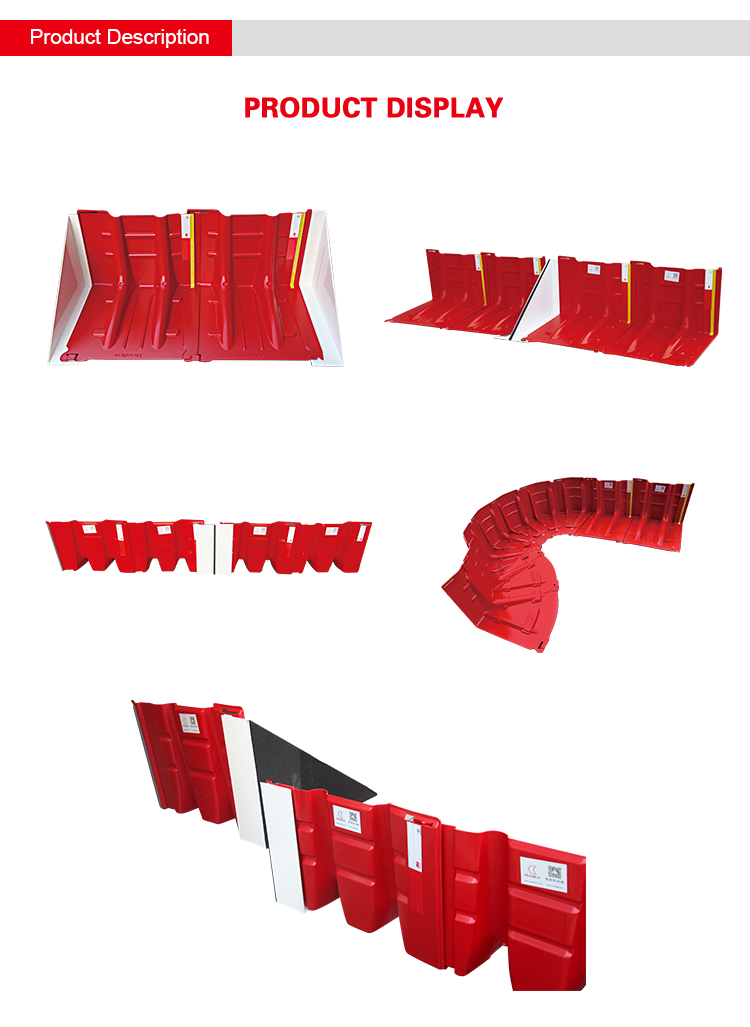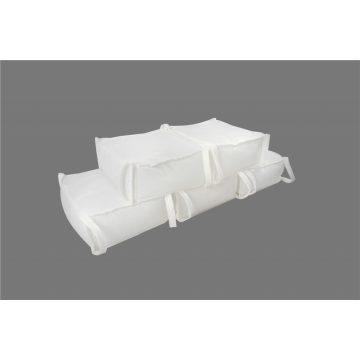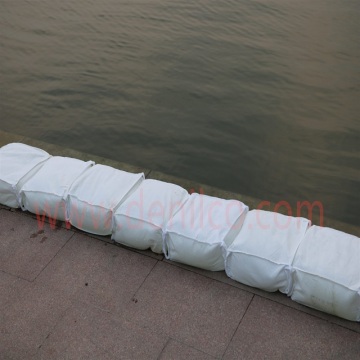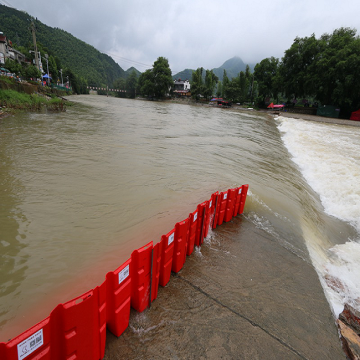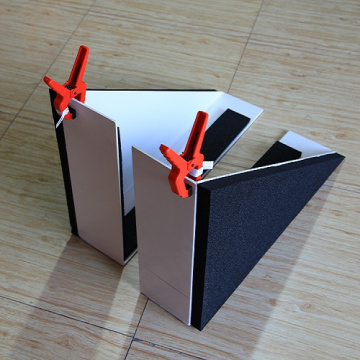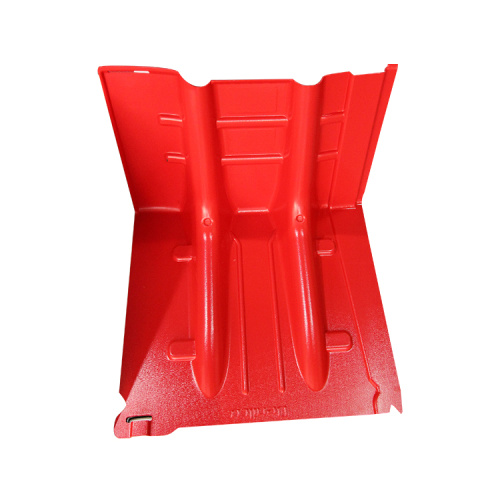
Temporary flood barrier for urban flood water divert
- Min. Order:
- 1 Piece/Pieces
- Min. Order:
- 1 Piece/Pieces
- Transportation:
- Ocean, Land, Air, Express
- Port:
- Shanghai, Ningbo, Yiwu
Quantity:
Your message must be between 20 to 2000 characters
Contact NowBasic Info
Basic Info
| Place of Origin: | China |
|---|---|
| Productivity: | 30000pcs per month |
| Supply Ability: | 30000 PCS/ MONTH |
| Payment Type: | L/C,T/T,Paypal,MoneyGram |
| Incoterm: | FOB,CFR,CIF,EXW,DDP,DDU,Express Delivery |
| Certificate: | ISO9001 |
| HS Code: | 392690 |
| Transportation: | Ocean,Land,Air,Express |
| Port: | Shanghai,Ningbo,Yiwu |
Product Description
Product Description
Movable flood control barrier for water divert
| model | DZ50 |
| size | 70.5cm width 68cm depth 52.8cm height |
| weight | 3.8KG±5%/PCS |
| material | ABS |
| average thickness | 5mm±5% |
| package | 700 pcs 20GP, 1500 pcs 40GP |
The application of temporary wat eflood barrier on roads is mainly to prevent and deal with the problem of road ponding under extreme weather conditions such as rainstorm and flood, so as to ensure the safety of vehicle traffic and smooth traffic.
The application of temporary flood barrier on roads mainly includes the following aspects:
Prevention of rainstorm and flood: temporary water baffle can effectively intercept the accumulated water on the road, prevent the accumulated water from spreading to other areas, and ensure the safety of vehicle traffic and the traffic rate of 12.
Dealing with urban waterlogging: In urban waterlogging situations, temporary water barriers can help quickly drain accumulated water and reduce its impact on traffic.
Temporary traffic control: In areas with severe waterlogging, temporary traffic control can be implemented to assist the traffic police department in directing traffic and ensuring driving safety.
Protecting infrastructure: Temporary flood boxwalls can be used to protect infrastructure such as warehouses, parking lots, and subway entrances from flooding.
The working principle of the temporary water barrier is based on the "L-shaped book barrier principle", which uses the weight of the flood itself to press against the bottom of the barrier, converting the weight into pressure to make the barrier more stable. The higher the water level, the more reliable the water blocking effect.
In addition, the convex grooves on the horizontal and vertical surfaces of the water blocking barrier can slow down water velocity, disperse water pressure and flow direction, thereby achieving the effect of resisting floods.
Related Keywords
Related Keywords







